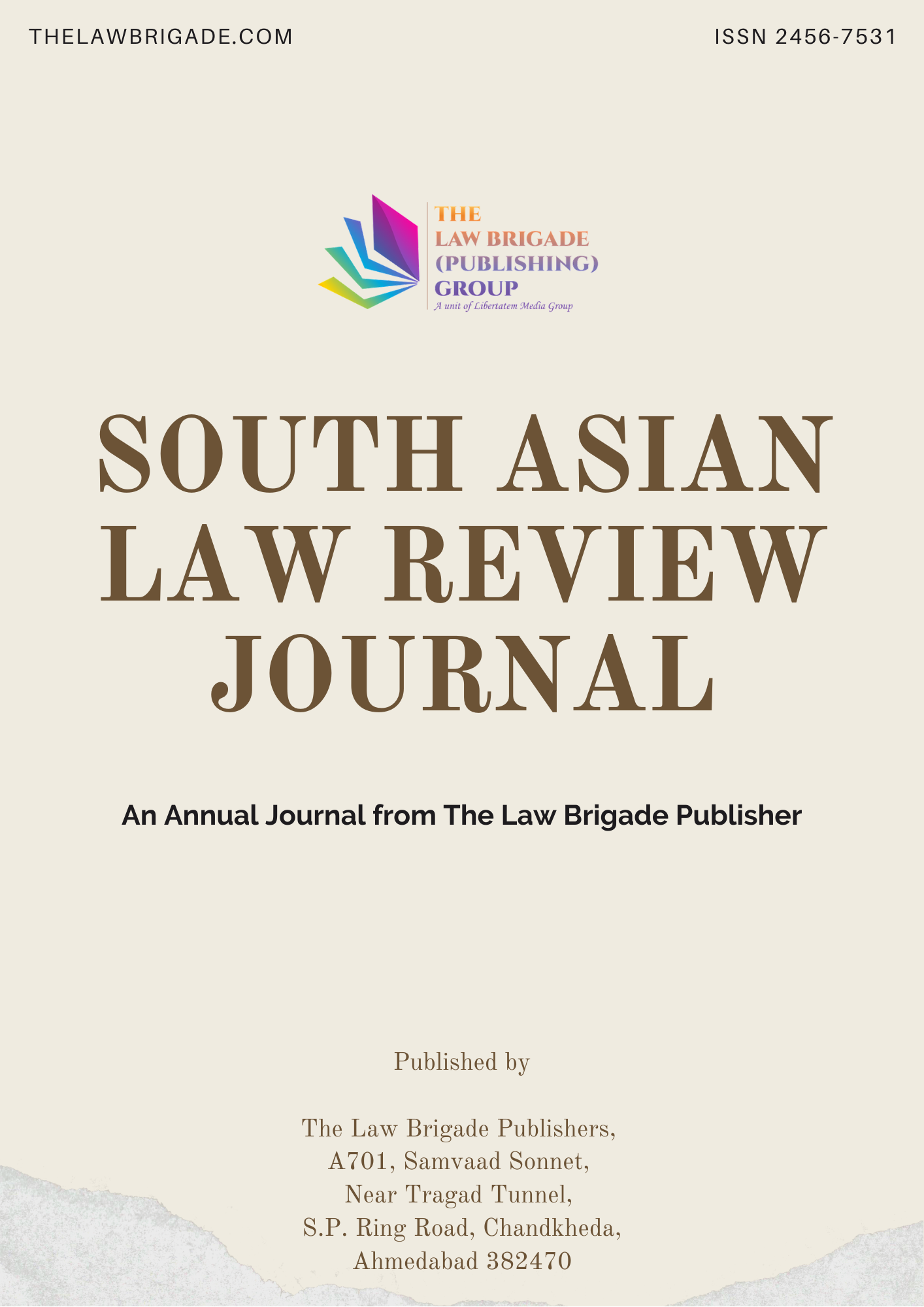“The privilege against self-incrimination is one of the great landmarks in man’s struggle to make himself civilized. The Fifth is a lone sure rock in time of storm…a symbol of the ultimate moral sense of the community, upholding the best in us.” Self-incrimination is a safeguard that protects the accused from himself. The Criminal Procedure (Identification) Act 2022 and the Bharatiya Sakshya Act, 2023, have rekindled the discourse on the impact of Criminal Laws on the ‘Right against Self-incrimination’ and ‘Right to Privacy’ of the accused. The provisions mentioned in the Statutes hereinabove particularly those relating to the amendments in the collection and maintenance of DNA records have raised concerns regarding the Right to Privacy and the Right against Self-incrimination of the accused. Hence, it becomes necessary to evaluate their infringement, if at all it exists, and whether it is justified in doing so. There is further significance in analyzing these infringements, that is, if the above amendments promote more efficient methods of investigation by placing emphasis on DNA evidence that is collected. The objective of the paper is to evaluate these very facets of the abovementioned Statutes and to analyze the extent to which the Rights of the accused stand affected during the process of DNA collection and profiling, in accordance with the provisions of the Statutes. The paper conducts extensive research by employing existing literature, Indian precedents, and statistical data from reputable sources. Further, the paper brings a comparative analysis of the same with legal precedents and Statutes of India and the UK. The paper uses a doctrinal methodology of research while including an introduction, a review of literature, research findings, an analysis, and a conclusion deduced from the research.
Criminal Amendment Laws and Infringement of Rights of the Accused: Where Does one Draw the Line?
Publication Information
Journal Title: South Asian Law Review Journal
Author(s): Manasa Bhoopalraj & Rhea L Vinay
Published On: 22/05/2024
Volume: 10
First Page: 1
Last Page: 12
ISSN: 2456-7531
Publisher: The Law Brigade Publisher
DOI Not Allotted [Get DOI]
Cite this Article
Manasa Bhoopalraj & Rhea L Vinay, Criminal Amendment Laws and Infringement of Rights of the Accused: Where Does one Draw the Line?, Volume 10, South Asian Law Review Journal, 1-12, Published on 22/05/2024, Available at https://salrj.thelawbrigade.com/articles/criminal-amendment-laws-and-infringement-of-rights-of-the-accused-where-does-one-draw-the-line/
Abstract
Keywords: Criminal Procedural Laws, Self-Incrimination, Right To Privacy, DNA Evidence, Foreign Precedents





